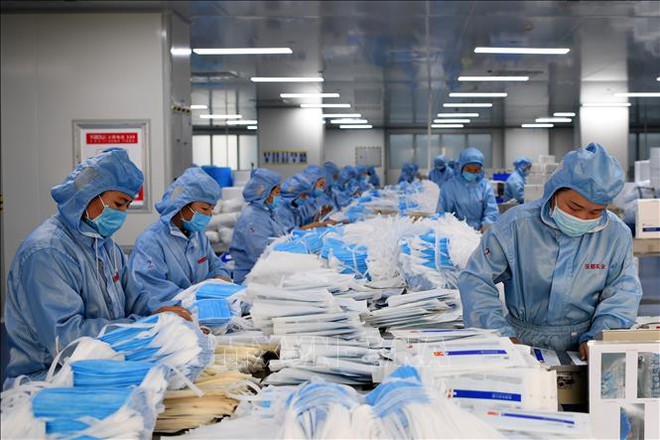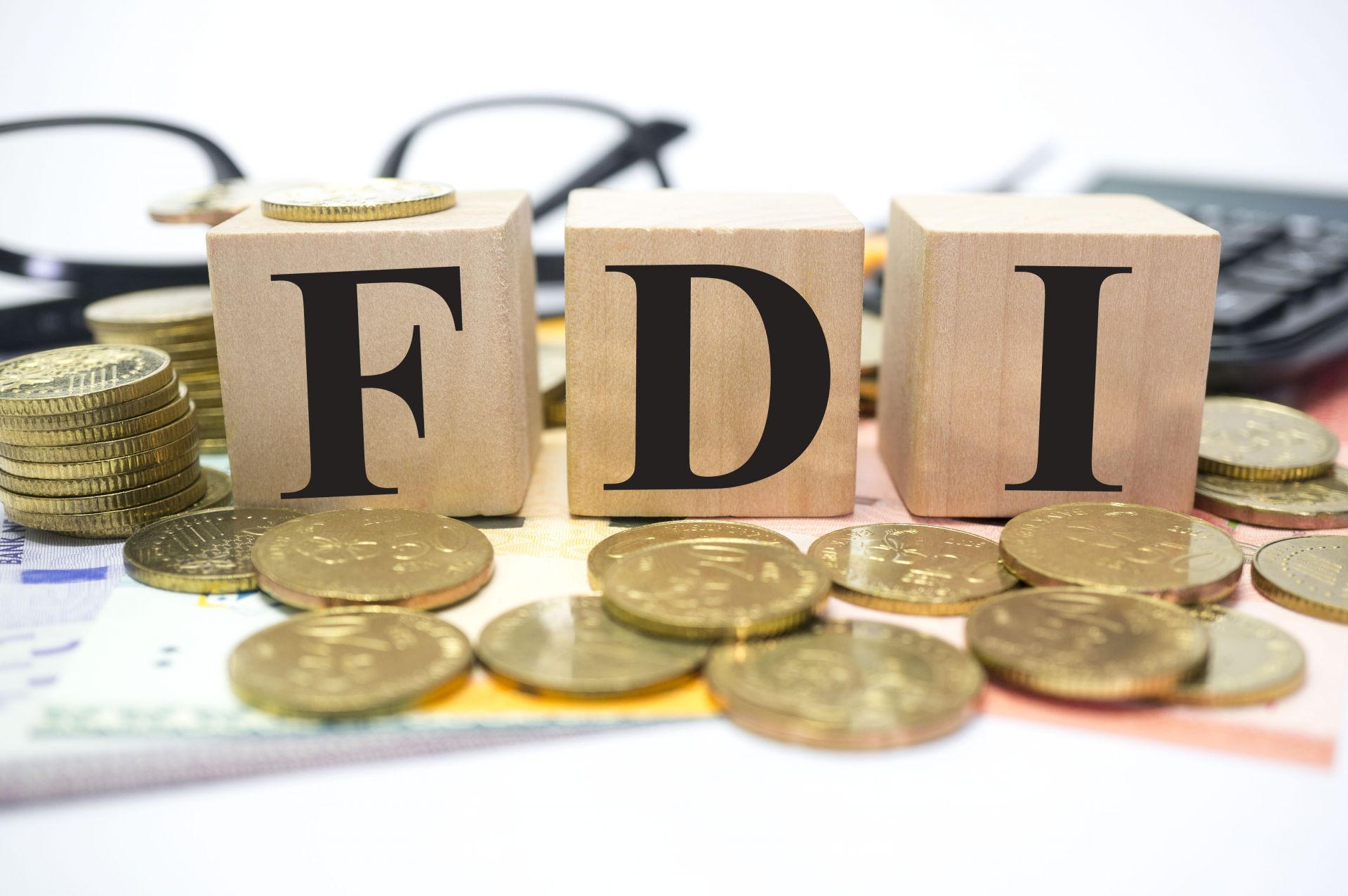What are rights and obligations of parties in commercial processing in Viet Nam?

Commercial processing is a commercial activity that takes advantage of the cooperation between the parties in production process to promote the efficiency of the production of goods. This is a fairly common activity at present in manufacturing businesses. So what is the current Vietnamese law on commercial processing? Join Lawyer X to find out through the following situation: “Hello, lawyer! My factory is just a small sewing factory in the district, but recently, a large garment company, seeing the quality of our garment, has offered to cooperate and want my factory to process for them some loads of manual shipment number. I want to learn about the legal provisions on rights and obligations of the parties when participating in the commercial processing in Viet Nam? Thanks for your answer!”
Legal grounds
What is commercial processing?
Commercial activities mean activities for the purpose of generating profits, including: sale and purchase of goods, provision of services, investment, commercial promotion and other activities for the profit purpose. Of which, purchase and sale of goods mean commercial activities whereby the seller is obliged to deliver goods, transfer ownership of goods to the purchaser and receive payment; the purchaser is obliged to pay to the seller and receive goods and the ownership thereof as agreed. Goods include: All types of movables, including those to be formed in the future; Things attached to land; Origin of goods means a country or a territory where all the goods are turned out or where the last stage of substantial processing of goods is performed in cases where many countries or territories join in the process of producing such goods.
Commercial processing means a commercial activity whereby a processor uses part or whole of raw materials and materials supplied by the processee to perform one or several stages of the production process at the latter’s request in order to receive remuneration.
Processing contracts mean agreement between parties whereby a processor uses part or whole of raw materials and materials supplied by the processee to perform one or several stages of the production process at the latter’s request in order to receive remuneration. Processing contracts must be made in writing or in other forms of equivalent legal validity
Goods for processing: Goods of all types can be processed, except for goods banned from business. In case of processing of goods for foreign traders for overseas consumption, goods banned from business, goods banned from export or import may be processed if so permitted by competent state agencies.
Rights and obligations of parties to commercial processing contract.
Rights and obligations of processees
– To hand over part or whole of raw materials and materials for processing in accordance with processing contracts or transfer money for purchase of materials with agreed quantities, quality and at agreed prices;
– To take back all processed products, leased or lent machinery and equipment, raw materials, auxiliary materials, supplies and discarded materials after the liquidation of processing contracts, unless otherwise agreed.
– To sell, destroy, donate or give as gifts on the spot processed products, leased or lent machinery and equipments, raw materials, auxiliary materials, redundant supplies, faulty products and discarded materials according to agreements and provisions of law.
– To send their representatives to examine and supervise processing activities at processing places, to assign experts to guide production technology and inspect quality of processed products according to agreements in processing contracts.
– To be responsible for the legality of the intellectual property rights over processed goods, raw materials, materials, machinery and equipment for processing handed over to processors.

Rights and obligations of processors
– To supply a part or whole of raw materials and materials for processing as agreed upon with processees in terms of quantities, quality, technical standards and prices.
– To receive processing remunerations and other reasonable expenses.
– In case of processing for foreign organizations and individuals, to be entitled to export on spot processed products; leased or borrowed machinery and equipment, raw materials, materials, redundant supplies, faulty products and discarded materials under the authorization of processees.
– In case of processing for foreign organizations and individuals, to be exempt from import tax on machinery, equipment, raw materials, auxiliary materials and supplies, that are temporarily imported for the performance of processing contracts according to the provisions of tax law.
– To be responsible for the legality of goods processing activities in cases where goods being processed are those banned from business, export or import.
Processing remuneration
– In case of processing for foreign organizations and individuals, if processors receive processing remunerations in processed products, machinery and equipment used for processing, regulations on import of such products, machinery and equipment must be complied with.
– Processors may receive processing remunerations paid in cash or in processed products, or machinery and equipment used for the processing. The diversity in the form of remuneration makes it easier to make contract payments between the parties when the processor, if so needs, can receive remuneration in processed products, or machinery and equipment. However, this also poses a risk when the processor has no need to receive remuneration by the processed product, but the processee intentionally does not pay in cash, but forces the processor to accept the processed product as remuneration. Therefore, to avoid this situation when entering into a contract, it is necessary to have a provision clearly stating the remuneration price as well as the form of remuneration to avoid possible conflicts.
Technology transfer in goods processing with foreign organizations and individuals.
Technology transfer in goods processing with foreign organizations and individuals shall be carried out in accordance with agreements in processing contracts and the provisions of Vietnamese law on technology transfer. This provision helps to manage goods import and export activities stricter, avoiding making a loophole for those who intend to illegally import goods into our country and then under cover of paying processing remuneration. there is no need to comply with import and export customs.
Services of Lawyer X
Prestigious professional services: Firstly, the team of consultants and consultants for many years in the field of civil status, and customer support.
On-time: Certainly, with the motto “Get your lawyer right at your fingertips”, we ensure the service always performs on time. The rights and interests of customers always come first.
Cost: Besides, Lawyer X’s service costs are highly competitive; depending on the nature of the particular case. So, we want our guests to have the best possible service experience. Therefore, costs which guaranteed to be the most suitable and economical for customers.
Confidentiality of client information: Finally, all personal information of clients Lawyer X will be 100% confidential.
If you need any further information, please contact LSX Law firm: at +84846175333 or Email: [email protected]
Frequently asked questions
In case of processing of goods for foreign traders for overseas consumption, goods banned from business, goods banned from export or import may be processed if so permitted by competent state agencies.
Processors have the obligation to be responsible for the legality of goods processing activities in cases where goods being processed are those banned from business, export or import.
Parties to commercial processing contract include: processors and processees
Conclusion: So the above is What are rights and obligations of parties in commercial processing in Viet Nam?. Hopefully with this article can help you in life, please always follow and read our good articles on the website: lsxlawfirm.com




